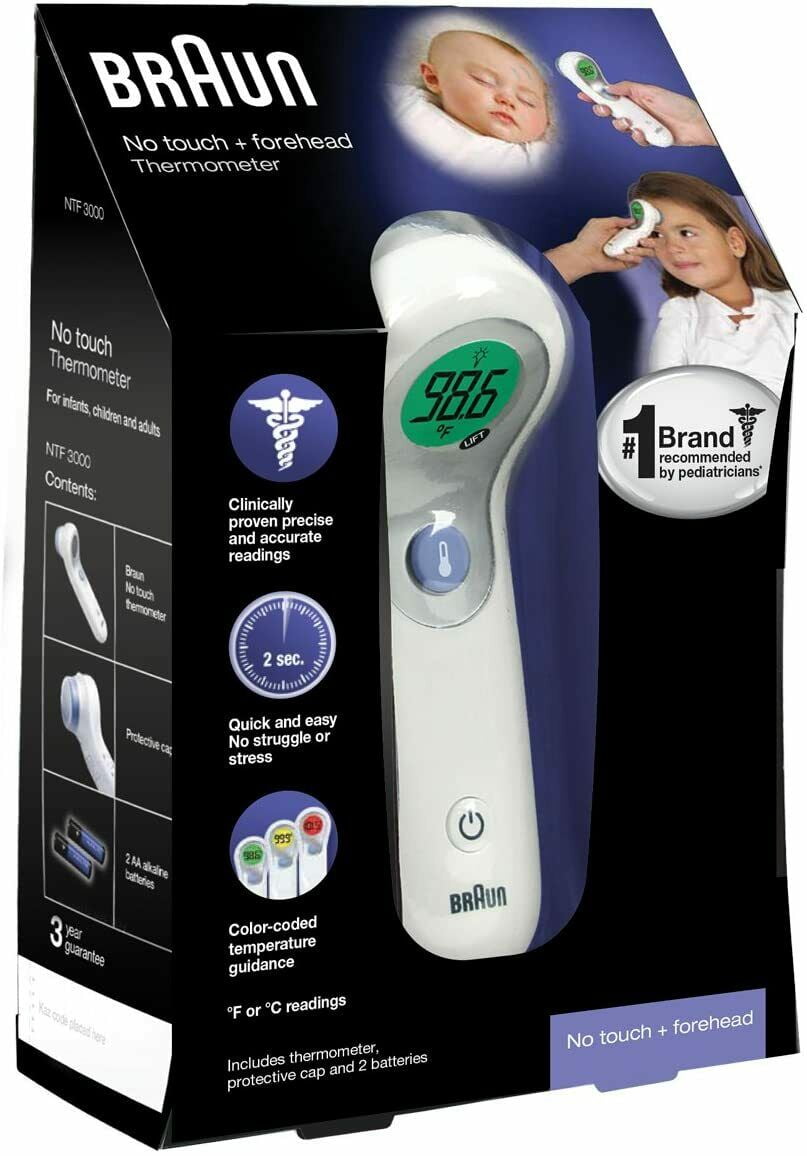
Amazon.com: Braun No Touch and Forehead Thermometer - Touchless Thermometer for Adults, Babies, Toddlers and Kids – Fast, Reliable, and Accurate Results : Health & Household

Amazon.com: Braun No Touch and Forehead Thermometer - Touchless Thermometer for Adults, Babies, Toddlers and Kids – Fast, Reliable, and Accurate Results : Health & Household

Amazon.com: Braun Forehead Thermometer - Digital Thermometer with Professional Accuracy and Color Coded Temperature Guidance - Thermometer for Adults, Babies, Toddlers and Kids : Baby

Amazon.com: Braun No Touch and Forehead Thermometer - Touchless Thermometer for Adults, Babies, Toddlers and Kids – Fast, Reliable, and Accurate Results : Health & Household

Amazon.com: Braun No Touch 3-in-1 Thermometer - Touchless Thermometer for Adults, Babies, Toddlers and Kids – Fast, Reliable, and Accurate Results : Health & Household

Amazon.com: Braun No Touch 3-in-1 Thermometer - Touchless Thermometer for Adults, Babies, Toddlers and Kids – Fast, Reliable, and Accurate Results : Health & Household

Amazon.com: Braun No Touch and Forehead Thermometer - Touchless Thermometer for Adults, Babies, Toddlers and Kids – Fast, Reliable, and Accurate Results : Health & Household














